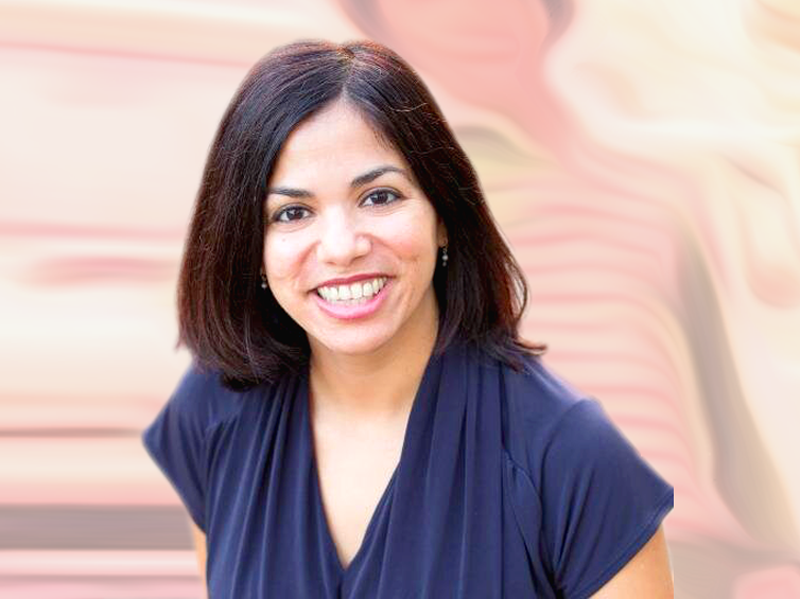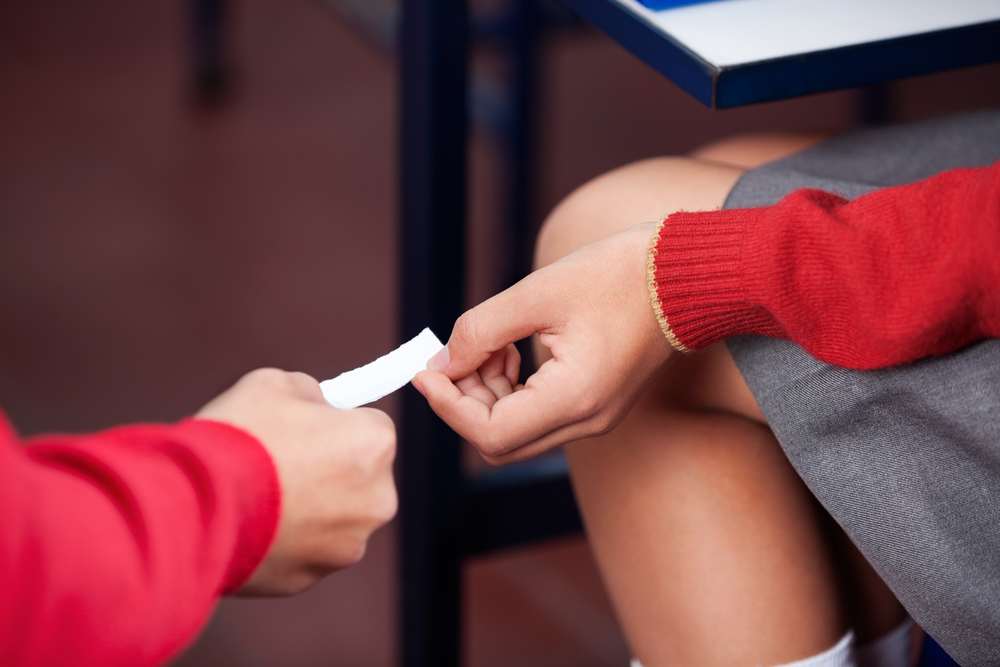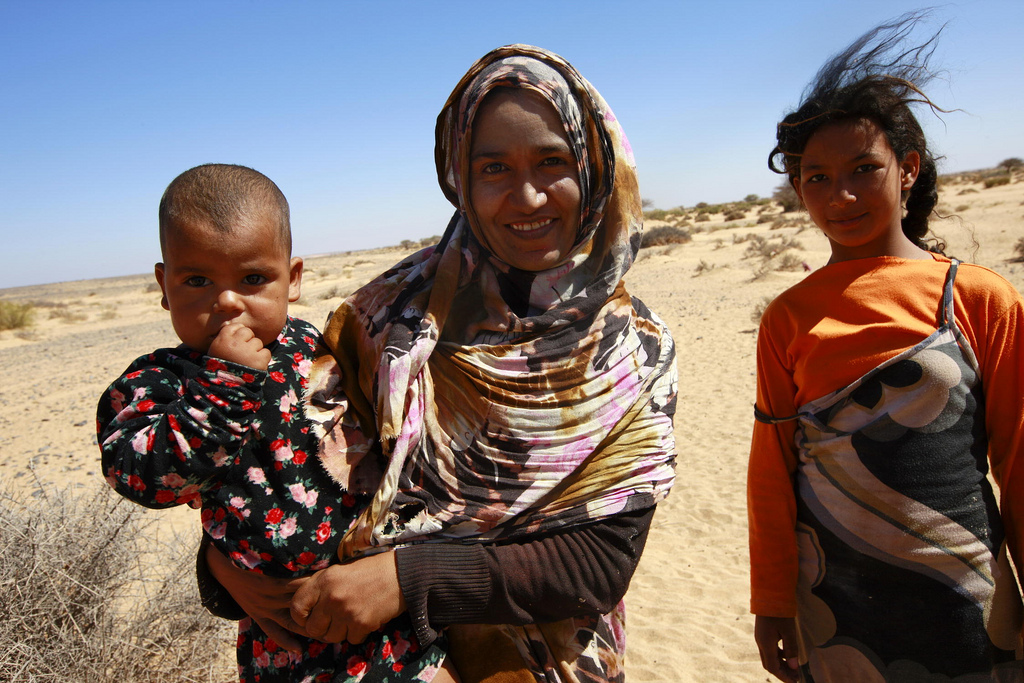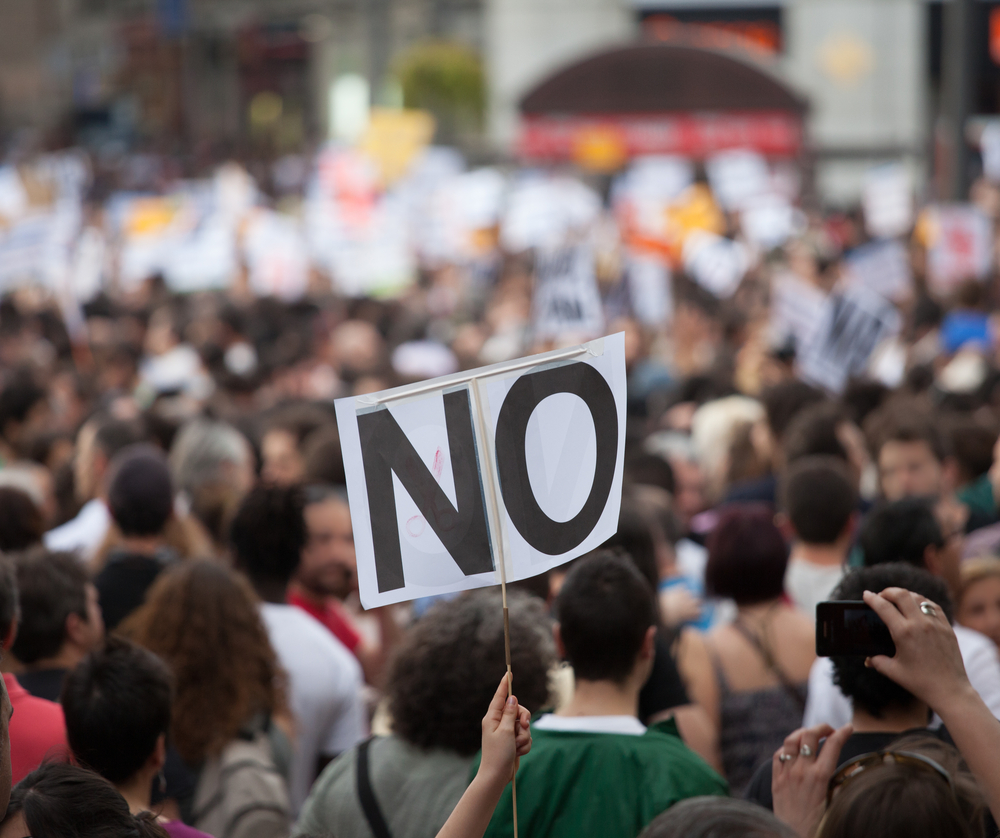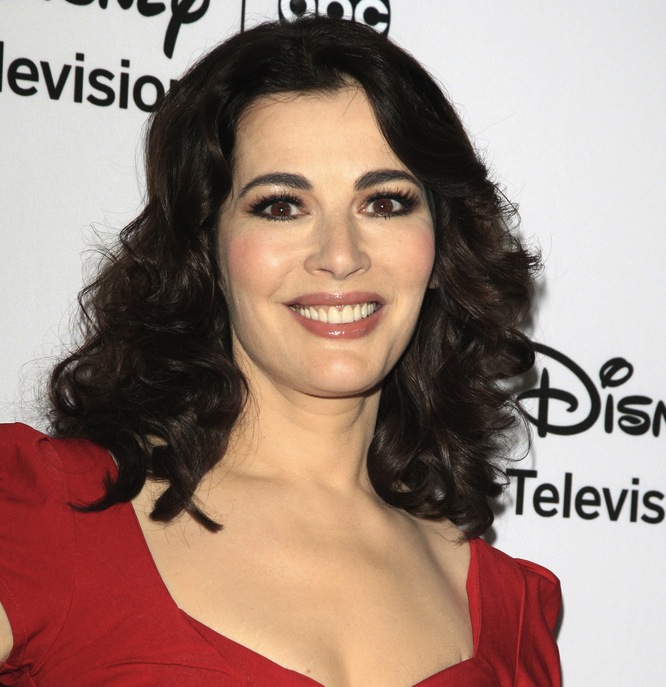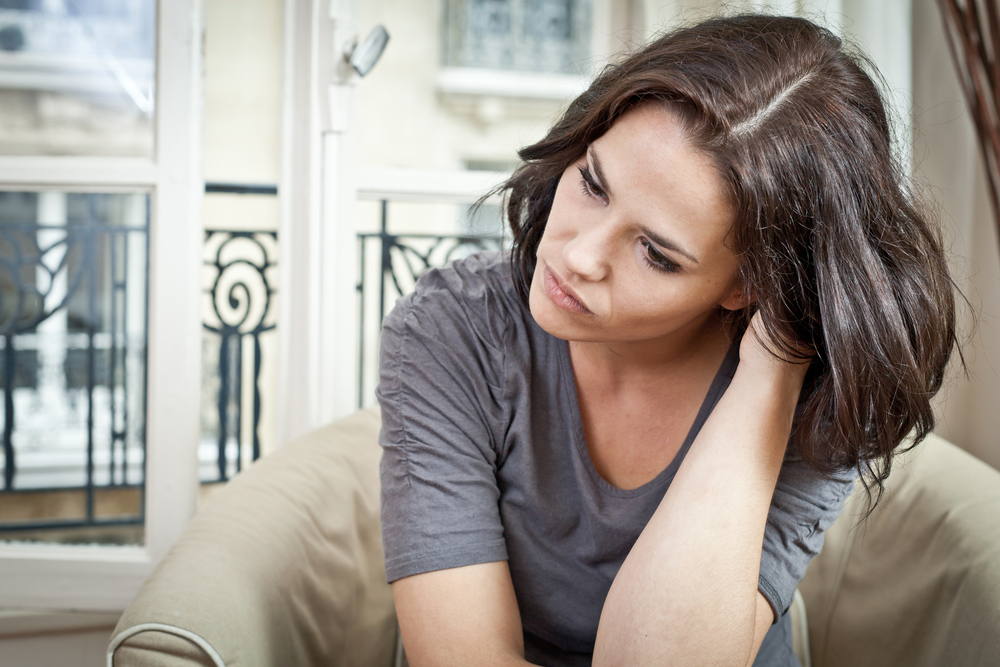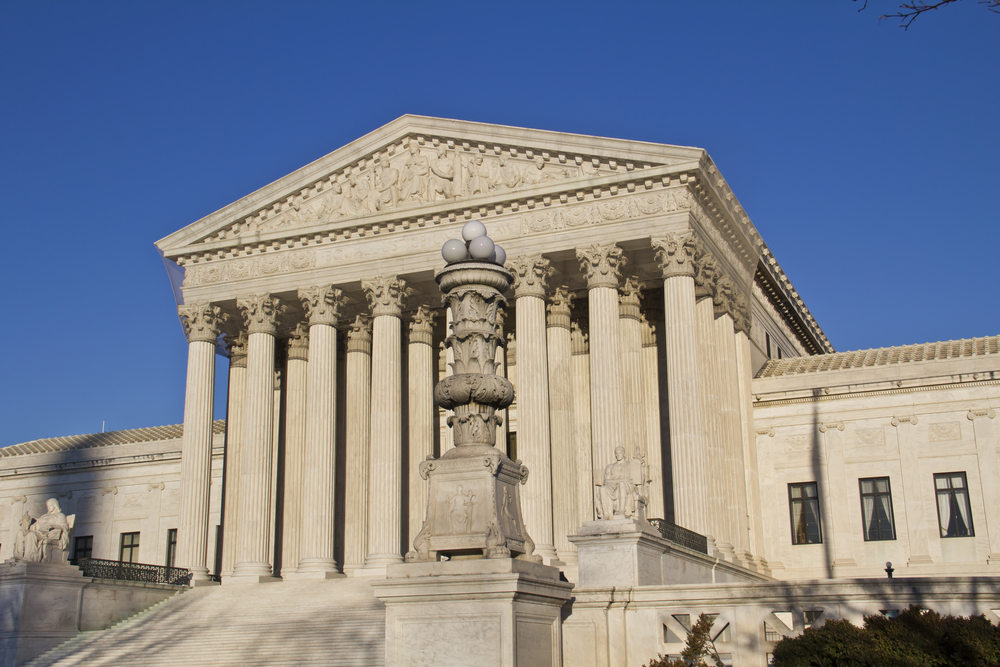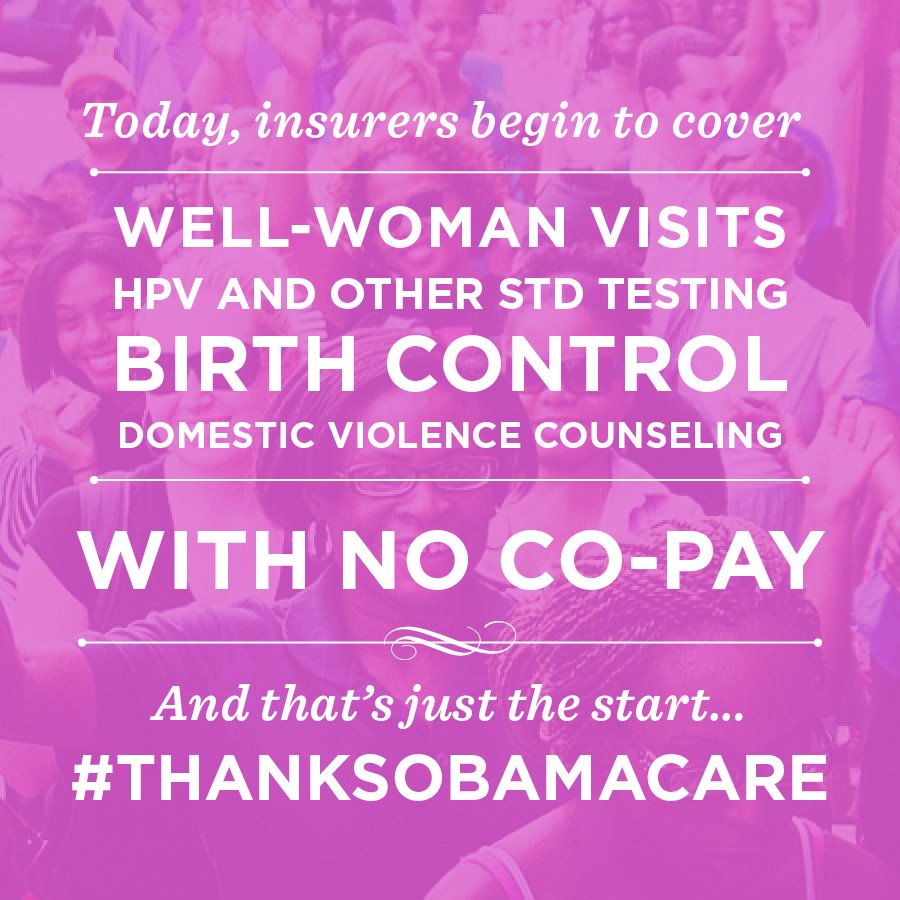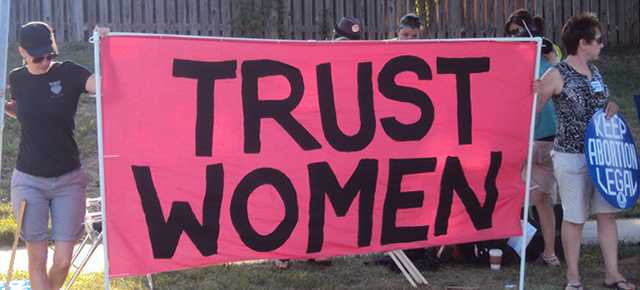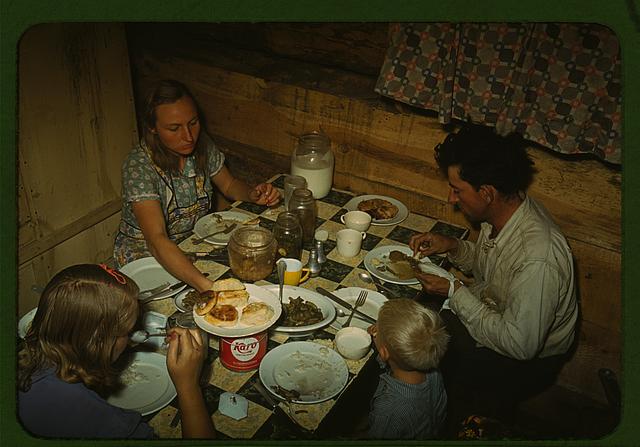Editor’s Note: For this piece, we chose to preserve the unique spellings of “womyn” and “wimmin” in this post to represent the unique perspective of the author and her chosen vernacular to discuss her experiences.
In a world of progressive gay politics, it seems that the “right to marry” has taken center stage. As we await the SCOTUS ruling on Proposition 8, I can’t help but be bothered by how the mainstream LGBTQ movement and the media would love you to believe this issue is at the forefront, but, the reality is that there are many more urgent, pressing issues facing the LGBTQ community and, in particular, young LGBTQ people. Marginalized groups within this community are disproportionately affected by a wide array of issues that aren’t getting talked about – and, if they are, they’re not getting near the amount of coverage they need to be.

Fundamentally speaking, I think that if I, as a bisexual womyn, continuously have to defend my sexuality because I am met with resistance from heterosexual and homosexual circles because I’m seen as someone who simply doesn’t want to ‘choose sides’, there’s a fundamental problem that still hasn’t been dealt with. Beyond that, there are many issues that I don’t experience (due to my privilege, no less) that make the day-to-day experience of many LGBTQ peoples a struggle.
Take, for instance, queer homelessness. According to the National Coalition for the Homeless, 20% of homeless youth are LGBT and, once homeless, LGBT youth are at higher risk for victimization and mental health problems. In addition, LGBT youth are “roughly 7.4 times more likely to experience acts of sexual violence than heterosexual homeless youth” and they commit suicide at almost twice the rate as their heterosexual counterparts. Even being able to get into a homeless shelter can be an issue for LGBT peoples, specifically transgender people. For example, transgender wimmin may be forced to enter a shelter with heterosexual men which may expose them to unjust discrimination potentially including verbal, physical, and/or sexual abuse. This means we need to do one huge thing to make shelters more accessible: transition them into safe spaces for transgender people! While there are more progressive shelters that are doing this, it’s not nearly as widespread as it needs to be — existing mainly in urban centers, but transgender people are everywhere, so much work is still needed in that arena.
While wimmin’s access to healthcare is getting some time in the limelight, much needed time, no less, not enough people are talking about how access to proper healthcare differs for lesbian, bisexual, and transgender wimmin. Especially in reference to seeking care and/or accountability for your batterer after an incident of intimate partner violence, same sex couples experience immense difficulty. Fewer services are available to help lesbians and bisexual wimmin, many fear discrimination, and, if children are involved, they often fear losing them. In addition, an issue specific to same sex couples, whether male or female, is threats from the batterer to “out” the victim (meaning ‘expose’ them as lesbian or bisexual to their families if they are ‘in the closet’).
Many trans* wimmin who undergo hormone therapy also experience many undesired side effects that require medical care that is difficult and, in some cases, impossible to receive. There are programs like the Chicago Women’s Health Center’s Trans Greater Access Project (TGAP) that are seeking to expand health care access for trans* people and offer trans* specific services like acupuncture and massage therapy to aid with the side effects of hormone therapy and a gynecological program that provides transmasculine and gender queer clients with access to gynecological care informed by trans* people. While this is amazing, it’s important to note that this is the exception and most certainly not the rule.
Crimes against transgender wimmin are committed daily with little to no *good* coverage. Earlier this year, Cleveland’s Plain Dealer reported on the body of a trans* womyn found in a pond. Instead of identifying the situation as such, their article was titled “Oddly dressed body found in Olmsted Township pond identified.” To make the matter worse, the writer of the article knew Cemia Acoff, the trans* womyn that was murdered, was, in fact, a womyn, but continued to mis-gender her. As if mis-gendering the body wasn’t bad enough, the writer continues to refer to Acoff as “it.” In this eerie, dehumanizing way, the Plain Dealer completely minimized the situation and posthumously degraded and dehumanized Acoff simply because she was trans*.
In the case of CeCe McDonald, a 23 year old trans* womyn who was recently convicted on manslaughter charges, although all evidence clearly pointed to self-defense, the system failed her beyond a wrongful conviction. CeCe is being forced to serve her sentence in a men’s prison. This sentence speaks to a number of issues – not only the unfairness of the criminal justice system, but also the systemic bias toward trans* wimmin of color, particularly those who are Black. The evidence that would have proven that McDonald acted in self-defense was completely ignored — reinforcing the practically widely accepted belief that violence against trans* POC is essentially not violence at all. According to Ebony’s article Why Aren’t We Fighting for CeCe McDonald?, “studies show that, despite comprising only 8 percent of the LGBTQ community, transgender women account for nearly half of all LGBTQ hate crime murders.” CeCe McDonald’s case does not exist in isolation.
In conclusion, although it may be a ‘fundamental human right’ to be able to marry that many LGBTQ people seek to be awarded, there are issues that get in the way of the day-to-day affairs of many people within the community that make ‘the right to marry’ the last thing on their list. It’s about time the safety and well-being of all queer wimmin took center stage.

